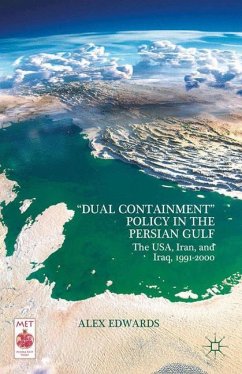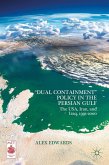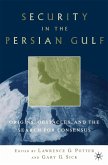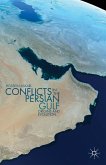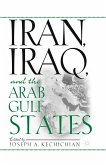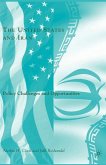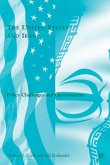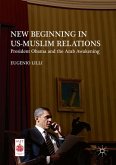This book offers a concise account of US "dual containment" policy towards Iran and Iraq during the 1990s, an overlooked era between the tumult of the liberation of Kuwait and the terrorist attacks of September 11, 2001. In particular, it uses a theoretical framework derived from neoclassical realism to examine the impact of domestic US politics and interest groups on policymaking, as well as perceptions of threat derived from two decades of mutual hostility between the US and Iran.
'Alex Edwards has produced a theoretically rich and empirically detailed account of US policy in the Gulf during the 1990s. At a time when a new generation of American policymakers are again grappling with the issue of whether and how to contain security threats in Iraq and political evolution in Iran, this book provides a timely and particularly relevant reminder of the tangled legacy of past policies that continue to affect decision-making today.' - Kristian Coates Ulrichsen, Rice University, USA
"Alex Edwards provides a lucid and comprehensive analysis of Clinton Administration policy in the Gulf. His work fills a gap in our understanding of the international politics of the region." - F. Gregory Gause, Professor of International Affairs and head of the International Affairs Department at the Bush School of Government and Public Service, Texas A&M University
"Alex Edwards provides a lucid and comprehensive analysis of Clinton Administration policy in the Gulf. His work fills a gap in our understanding of the international politics of the region." - F. Gregory Gause, Professor of International Affairs and head of the International Affairs Department at the Bush School of Government and Public Service, Texas A&M University

